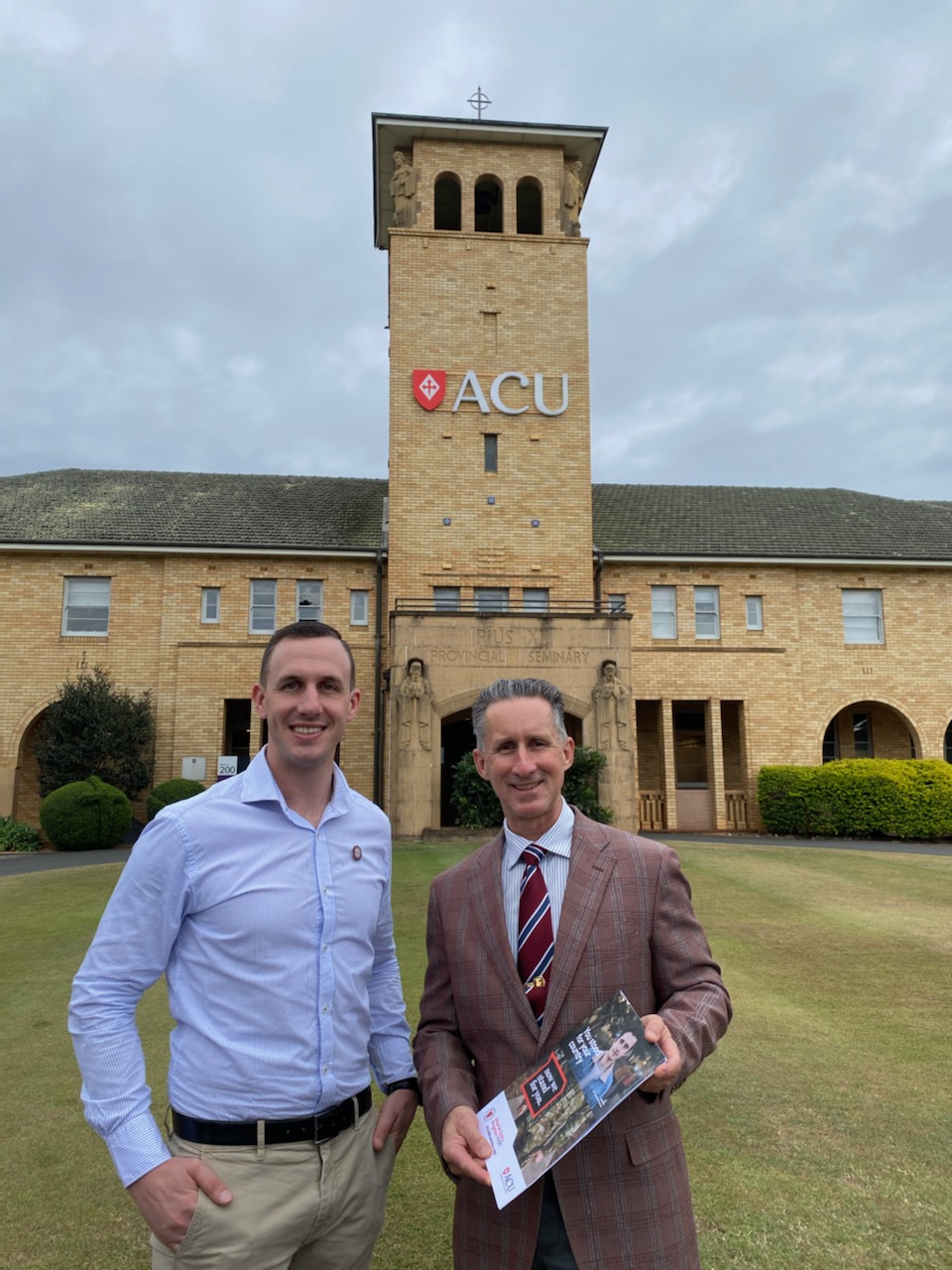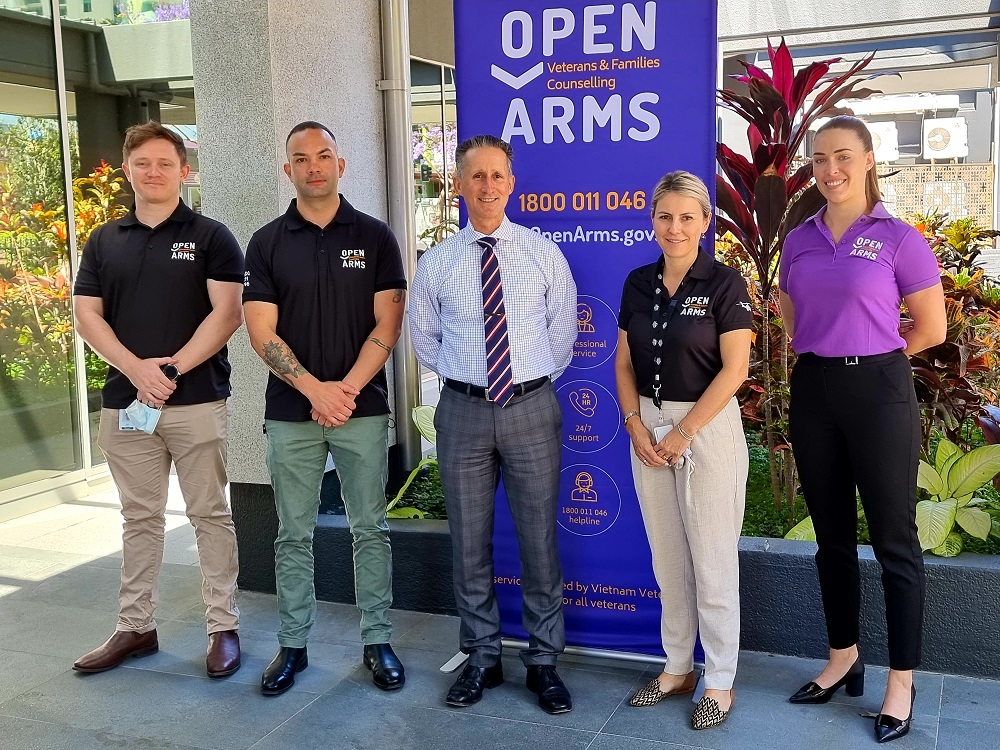Peer support for career transition
Stuart Smith AO DSC
Defence Engagement Commissioner
Media coverage of the situation in Afghanistan, including some confronting images, have reminded me of the importance of us all looking out for one another. During our time in service, we knew the difference we were making to the lives of people in the nations in which we served, and we were proud to look out for our mates and others who assisted us.
It’s equally important to look after each other during the transition from service to civilian life, and I encourage all Defence personnel, veterans, and their families to become familiar with the range of peer support programs available through DVA, Defence and other agencies.
My recent engagement activities have provided me with a detailed understanding of the current programs supporting Defence career transition. I believe that the ingredient that makes transition support programs most effective is peer support. My view is based on witnessing Defence personnel being mentored by Open Arms Community and Peer Advisors, and DVA Veteran Support Officers (VSOs). By offering their lived experience and coaching Defence personnel along the transition pathway, these mentors are continuing the Defence value of ‘Respect’.
During the last year, knowing that a significant percentage of Defence personnel conduct their transition in the South East Queensland region, I have conducted regular meetings with the Community and Peer Team located in Brisbane. The Peer Advisors in this team are young Army, Navy and Air Force veterans with operational experience from Somalia, Timor, Iraq and Afghanistan. They draw on their experience of Australian Defence Force (ADF) service and mental health recovery, working in collaboration with clinicians to support Defence personnel undergoing medical separation. They walk beside these personnel at critical stages of the transition pathway, such as medical reviews and interviews, and connect them with other transition support programs. Their Stepping Out workshop for instance is very popular. It is designed to help members plan their successful transition.
Established as a pilot in Townsville in 2017, the Open Arms Community and Peer program now has 46 Peers operating from 13 locations across Australia.
For those Defence personnel who require assistance in navigating their transition with DVA, VSOs provide a second layer of lived experience support. Operating at 56 Defence bases across Australia, they connect recruit trainees to the DVA MyService portal and support Defence personnel in registering DVA claims during transition.
A VSO has accompanied each of my Defence base visits, and shared my roundtable discussions with commanders, managers and personnel undergoing transit ion. I have been impressed by how connected these VSOs are with base commanders, and trusted by Defence personnel. This was especially evident during my visits to RAAF Amberley in Brisbane and Robertson Barracks in Darwin where the VSO was recognised by all ranks. I assess that this is due to the fact that they have recent experience in career transition and display a genuine desire to help their mates.
Examples of veterans helping veterans through peer support can be found beyond the DVA/Defence environment. I have observed this when visiting the Student Veterans Services (SVS) at the Australian Catholic University (ACU). The SVS is part of an ACU commitment to supporting current and ex-serving ADF personnel to engage in tertiary education on a pathway to future employment. They have created a Student Veteran Support Program (SVSP) to help student veterans adjust to academic life, develop effective study skills and connect with other student veterans.
Since starting these services in 2019, the student veteran population at the ACU has grown from 22 to 138. Critical to this support is the appointment of an SVS Coordinator, with lived military and tertiary study experience, to mentor student veterans and act as an interface with university staff. My recent engagement with veteran Aaron Cornwall, the SVS Coordinator at the ACU Brisbane campus, highlighted to me the effectiveness of this mentoring program.
Research studies in the United Kingdom, Canada and the United States over the last decade have highlighted the benefits of veteran peer support programs. Such benefits are being realised in Australia through Open Arms Peers, VSOs and student veteran support coordinators. I encourage all Defence personnel, veterans and their families to take advantage of these opportunities where ‘mates help mates’.
Below: Commissioner Smith with Student Veterans Services Coordinator Aaron Cornwall at the Australian Catholic University, Brisbane Campus.

Below, from left: Jesse Forbes (Veteran Peer), David Lauw (Peer Team Leader), Commissioner Smith, Nicci Korff (Family Peer), Jessica Holmes (Veteran Peer) at the Open Arms Spring Hill Office in Brisbane.

